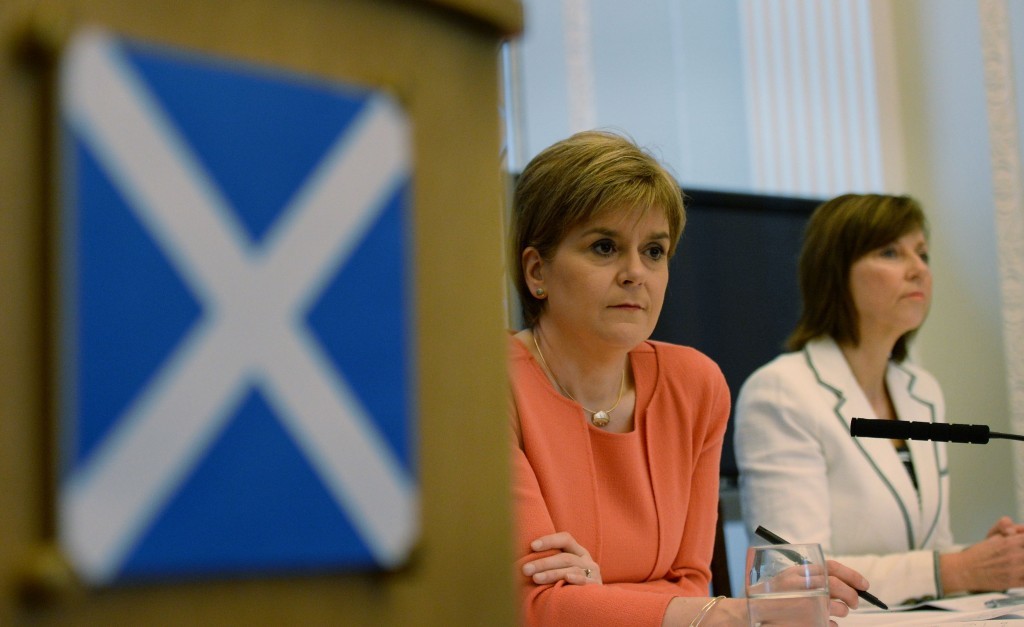
Scotland’s economy is expected to slow over the next couple of years due to political and economic uncertainty, according to experts.
The EY Scottish Item Club 2017 Forecast predicts output growth for 2016 to be 0.7% and 0.4% in 2017. This compares with UK GDP growth rates of 1.9% and 0.8% respectively.
The independent economic forecasting group predicts modest growth is expected to return from 2018. The future outlook, however, depends on the economic landscape shaped by Brexit, policy changes from a Donald Trump US presidency, and new tax powers from the Scottish Government.
Economists say the recent fall in the value of the pound has led to a pick-up in manufacturing exports orders, but the downside of the currency depreciation is expected in 2017 as rising import prices hit both business costs and consumers’ pockets.
Dougie Adams, senior economic adviser to the EY Scottish Item Club, said: “During the last 12 months, Scottish growth has been challenged by various economic factors. The unsustainable growth from the construction sector has waned as expected and the impact of low oil prices continues to reverberate through the economy.
“A few sectors performed well in the first half of the year resulting in patchy growth, with private services delivering the strongest performance at 2.6%, just shy of the UK’s level of 3%.
“Although manufacturing output as a whole fell by 3.6%, the food and drink sub-sector surged by 9%.”
The cities of Aberdeen, Dundee, Edinburgh, Glasgow, Inverness, Perth and Stirling account for 45% of total employment in Scotland and more than 55% of business services employment.
Growth in Edinburgh and Glasgow is predicted to overtake the Scottish annual average throughout 2016 to 2019 at 1.6% and 1.3% respectively. Stirling is expected to perform on a par with Scotland at 1%, with Inverness just slightly below on 0.9%.
In terms of employment, Inverness, Perth and Stirling are tipped to perform better than the Scottish average in 2016, while Glasgow will increase by 0.1%. Aberdeen continues to be impacted by the fall in oil prices, with employment expected to drop by 1.6% this year.
Experts said the economic landscape in Scotland and beyond is going through significant change and the eventual outcome will shape growth and prosperity.
Mark Harvey, EY senior partner for Scotland, said: “None of the UK’s nations, regions or cities will be immune to slower economic growth over the next three years but there will be significant variations across the country, indicating there is more work to be done in rebalancing the economy.
“From a Scottish perspective, we would of course want to see growth boosted to be more in line with the UK.”
Recommended for you
